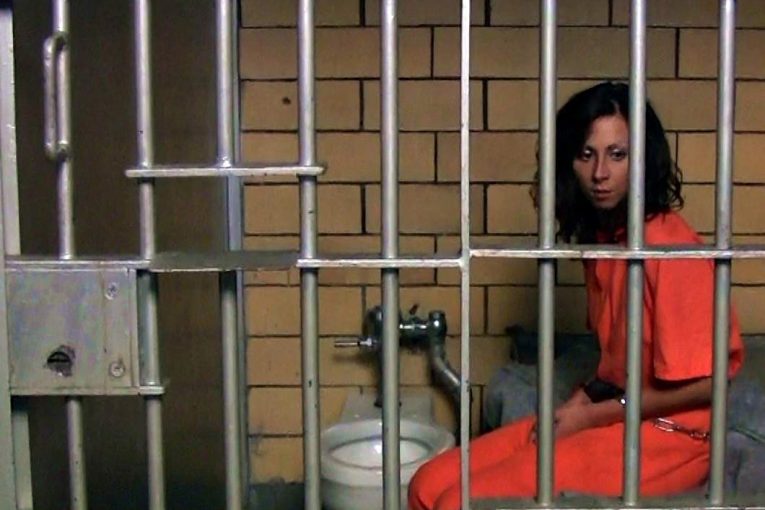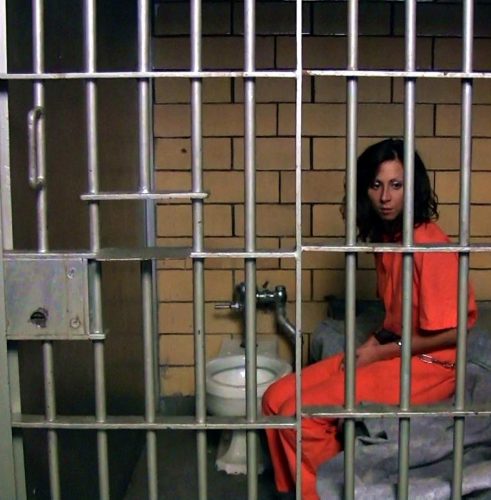

Via Wikimedia Commons
By Bryan Miller
NEW YORK – The Vera Institute of Justice and Young Women’s Freedom Center this week released its combined report “Freedom and Justice: Ending the Incarceration of Girls and Gender-Expansive Youth in California,” providing an “in-depth look at the incarceration of girls and gender-expansive youth in California.”
The report said it used “analysis of quantitative data as well as first-person stories” to present a roadmap of solutions for policy and practice changes that can be implemented to reduce—and eventually end—their incarceration.
“Ending the incarceration of girls and gender-expansive youth in California is not only critically important, it is possible to achieve. By December 2022, most counties in California had five or fewer girls in custody on any given day, and this number could be reduced by almost half if detention was eliminated for misdemeanors, status offenses, and violations of court orders,” said the report.
The report added, “Over the past 10 years, arrests of girls and gender-expansive youth have dropped by 81 percent, and their detention has fallen by 72 percent.”
According to the report, “At every point in the juvenile legal system, Black, Latina/x, and Indigenous girls are overrepresented. Latina/x girls make up the majority of girls’ admissions to detention across the state, and Black girls make up 24 percent of all girls’ detentions, even though they only constitute 6 percent of girls in California.”
The report adds, “It is also impossible to ignore the racial and gender inequities inherent in the incarceration of girls and gender-expansive youth…studies have shown that in California, LGBTQ youth are significantly overrepresented, with an estimated 51 percent of youth in girls’ juvenile justice facilities identifying as lesbian, bisexual, questioning, gender nonconforming, or transgender.”
Hannah Green, associate director of Ending Girls Incarceration at the Vera Institute of Justice, said there are “solutions that are needed to ensure that girls and gender expansive youth are safe and avoid adding the harm of incarceration to the trauma they’ve already experienced, but we need bold leadership to step up and implement policies in partnership with community leaders.”
Green added, “California is so close to ending the incarceration of girls and gender-expansive youth and can make it a reality by investing in the community-based resources young people say that they need.”
According to Abigail Richards, the vice president of Reimagine Freedom, the “report echoes what we have always known, that incarceration is not a safe or appropriate response to the needs of young people. In California, youth system involvement is driven largely by poverty and racial inequality.”
Richards added, they “need to address these issues through community programming that does not replicate the harm of detention. At Young Women’s Freedom Center, our programs have significantly reduced recidivism and led to positive outcomes for youth.”
The institute’s statement argues, “This report clearly demonstrates that detention isn’t the answer to support girls and gender-expansive youth. While the choice to incarcerate them is meant to keep them safe and deliver access to supportive services,” this harm includes “verbal, physical, and sexual violence from arrest through incarceration—and fails to meet their basic needs.”
“Evidence has shown that gender-responsive programs are the most effective way to address and support the needs of girls and gender-expansive youth” and “the young people interviewed for this report advocated for investments in community-based healing, therapy, and mentorship resources; housing and material economic support; and opportunities to engage in advocacy and give back to their communities,” the report reads.
The Vera Institute of Justice and Young Women’s Freedom Center stated, “Ending girls’ incarceration is about more than simply reducing and eliminating the number of girls and gender-expansive youth in custody—it is about investing in community-led solutions and resources that affirmatively advance their freedom and self-determination.”
The report added, “There has been encouraging progress made across California in counties like Alameda, San Francisco and Santa Clara, which have started to show what is possible, offering important proof points,” explaining the report “lays out several vital steps that local and state-level policymakers can take, as well as specific policy recommendations they can implement to continue this progress.”




